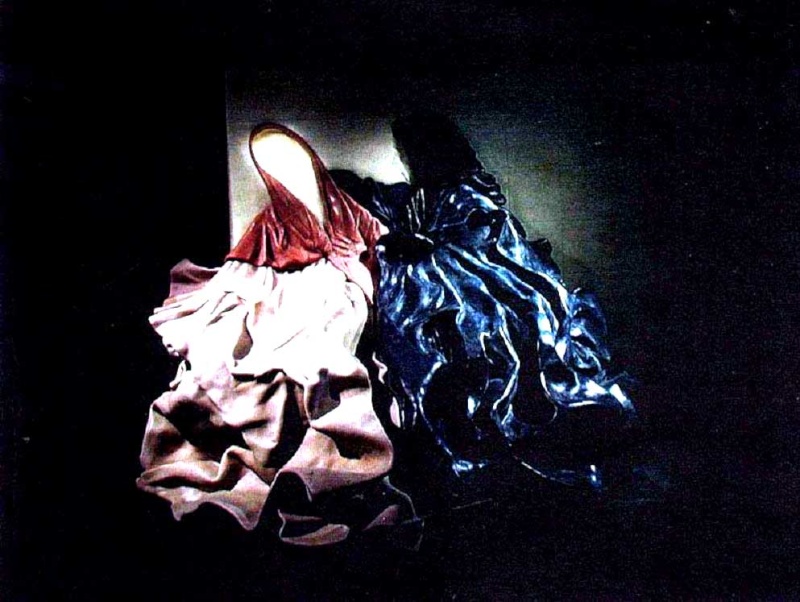
Pascal CONVERT, La Madone de Bentalha, 2001-2002, sculpture inspirée de la photographie d'Hocine Zaouar, prise en Algérie en 1997.
Il y a dix ans, le massacre de Bentalha. Par devoir de memoire et afin que nul n oublie cette tragedie je vous suggere une lecture interessante expliquant le phenomene de la violence de masse en Algerie.
"The Logic of massacres is Algeria: Wanton and sensless?" est une analyse du cas algerien par Stathis N. Kalyvas, un academicien et specialiste de violence de masse et de massacres de civils. C'est une etude universitaire loin des vues et opinions fragmentaires, propagandistes et dénuées de maitrise scientifique du sujet que nous livrent ca et là la presse et certaines voix peu credibles.
Extrait: " Civil wars typically take the form of guerrilla warfare. Their key
element is civilians: winning is to a large extent contingent on civilian
support.7 Competing political actors (incumbents and insurgents, but
particularly the latter) need to attract and maintain civilian support.
Although civilians have political preferences, their overarching priority
in the context of a deadly war is to remain alive. Practically, this means
that political actors will try to commit civilians on their side by providing
benefits (such as land distribution) and sanctions (such as attaching
a high cost to defection to the opponent) (Taylor 1988). In general, sanctions
are cheaper than benefits. Periods of intense military conflict (as
opposed to calmer periods) reduce the availability of benefits, turning
survival into the key benefit; during such periods, political actors are
likely to resort to terror in order to shape civilian behavior and reduce
the probability of defection.8 In other words, they will try to alter the
expected (dis)utility of defection (the probability that an individual
defection will be sanctioned and the intensity of the sanction). Valuing
survival, most civilians will respond by cooperating with the political
actor who makes the most credible threats.
To be efficient, terror needs to be selective;..."
http://research.yale.edu/stathis/files/Wanton.pdf
